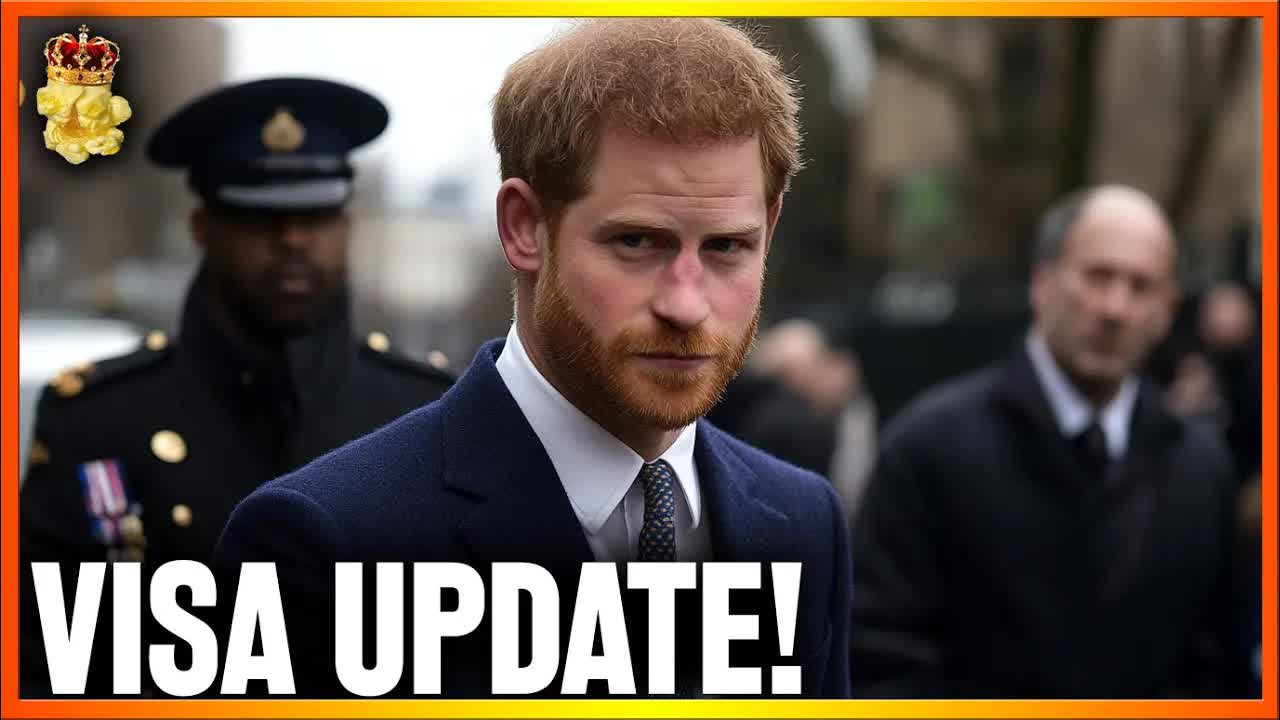Recent reports have sparked a flurry of speculation regarding the status of Prince Harry‘s U.S. visa application.
While some sources claim a decision has been reached, legal expert John Witherspoon offers a different perspective.
Let’s dive into the details surrounding this high-profile case.
In a recent discussion on Popcorn Palace, host Andy Signor welcomed attorney John Witherspoon to shed light on the situation.
With excitement in the air, Signor noted that many outlets are buzzing about a potential ruling from Judge Carl Nichols.
This comes after the judge spent four months reviewing the visa application and subsequently submitted a sealed document to a D.C. court.
The anticipation is palpable, as a public release of the decision could emerge soon.
However, Witherspoon urges caution.
He emphasizes that the term “sealed ex parte order” should not be misconstrued as a groundbreaking development.
In fact, this marks either the third or seventh order issued by Judge Nichols in this ongoing case.
Such frequency suggests that this is not a monumental moment deserving of excessive hype.
If it were a definitive ruling, we would likely see a more transparent process.
The sealed order, currently accessible only to authorized personnel, raises questions about its content.
What could this order entail?
Witherspoon explains that it could range from a directive to attorneys regarding procedural matters to a request for clarification on specific legal points.
The ambiguity surrounding the order leaves room for speculation but does not indicate an immediate resolution.
As the conversation unfolds, Witherspoon addresses the possibility that this order could lead to a decision.
He notes that the judge has had ample time to review the case, with the last docket entry recorded in April.
However, he cautions against jumping to conclusions, highlighting the need for further legal input before making any assumptions about the judge’s intentions.
One intriguing theory suggests that Judge Nichols might have reached out to Homeland Security to discuss the potential release of information related to Prince Harry’s visa application.
This could hinge on whether the contents pose risks to diplomatic relations or national security.
Witherspoon underscores that while such scenarios are conceivable, they remain speculative at this stage.
The conversation takes a lighter turn as both Signor and Witherspoon acknowledge the public’s eagerness for news.
They humorously navigate the fine line between hope and skepticism, recognizing that many are anxiously awaiting clarity on the situation.
Witherspoon reassures viewers that there will eventually be a decision regarding the Freedom of Information Act request filed by the Heritage Foundation.
Looking ahead, Witherspoon anticipates that the judge will make a ruling on whether to grant access to Prince Harry’s visa application file.
He suggests that the outcome may involve a mix of released information and redacted sections, balancing public interest with privacy considerations.
The expectation is that the judge will provide clarity on what can be disclosed and what should remain confidential.
As the discussion wraps up, Witherspoon encourages viewers to stay tuned for updates.
He acknowledges the complexity of the case and the importance of accurate reporting.
With four months having passed since the case was initially reviewed, anticipation continues to build, leaving everyone eager for the next chapter in this unfolding story.
In the end, both Signor and Witherspoon express their commitment to keeping the audience informed.
They emphasize the need for patience as the legal process plays out.
As the public awaits the judge’s decision, the intrigue surrounding Prince Harry’s visa application remains a hot topic, with many wondering what the future holds for the Duke in the United States.
Related Stories

